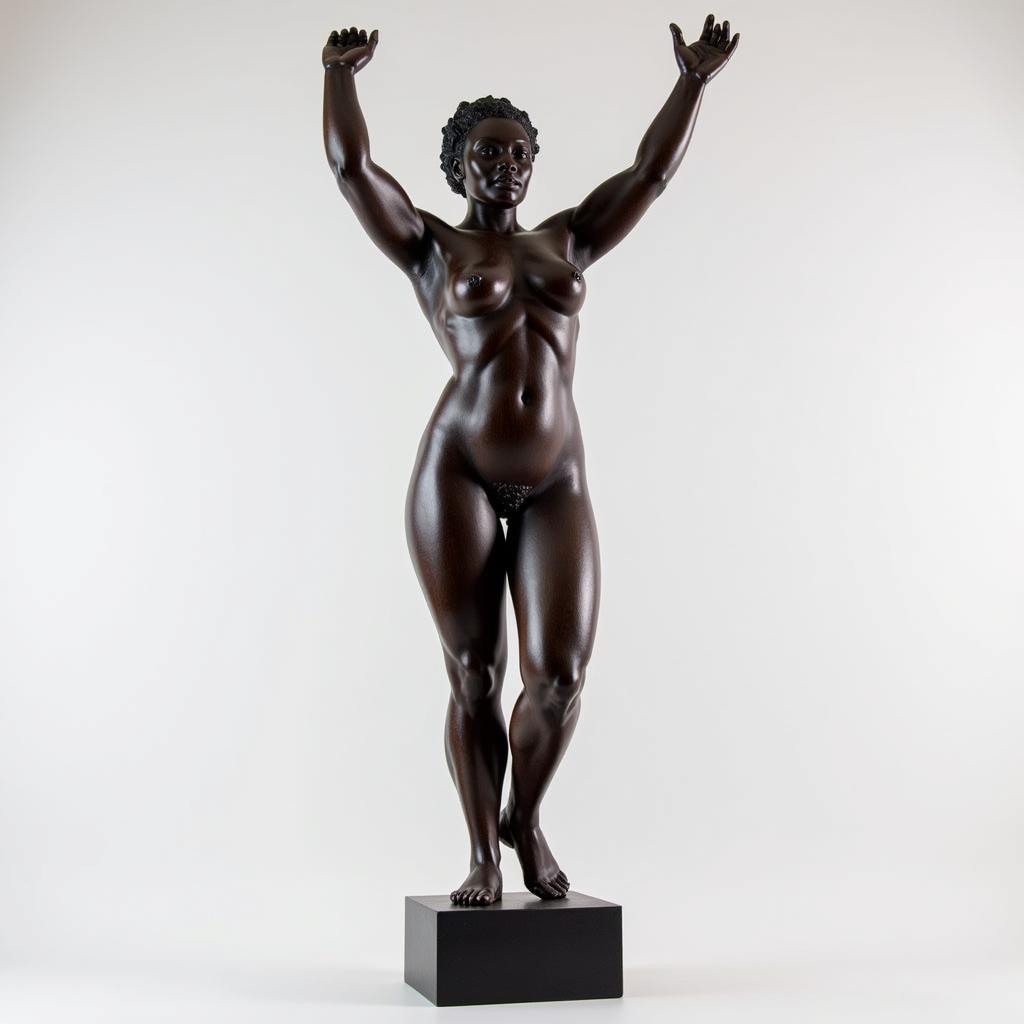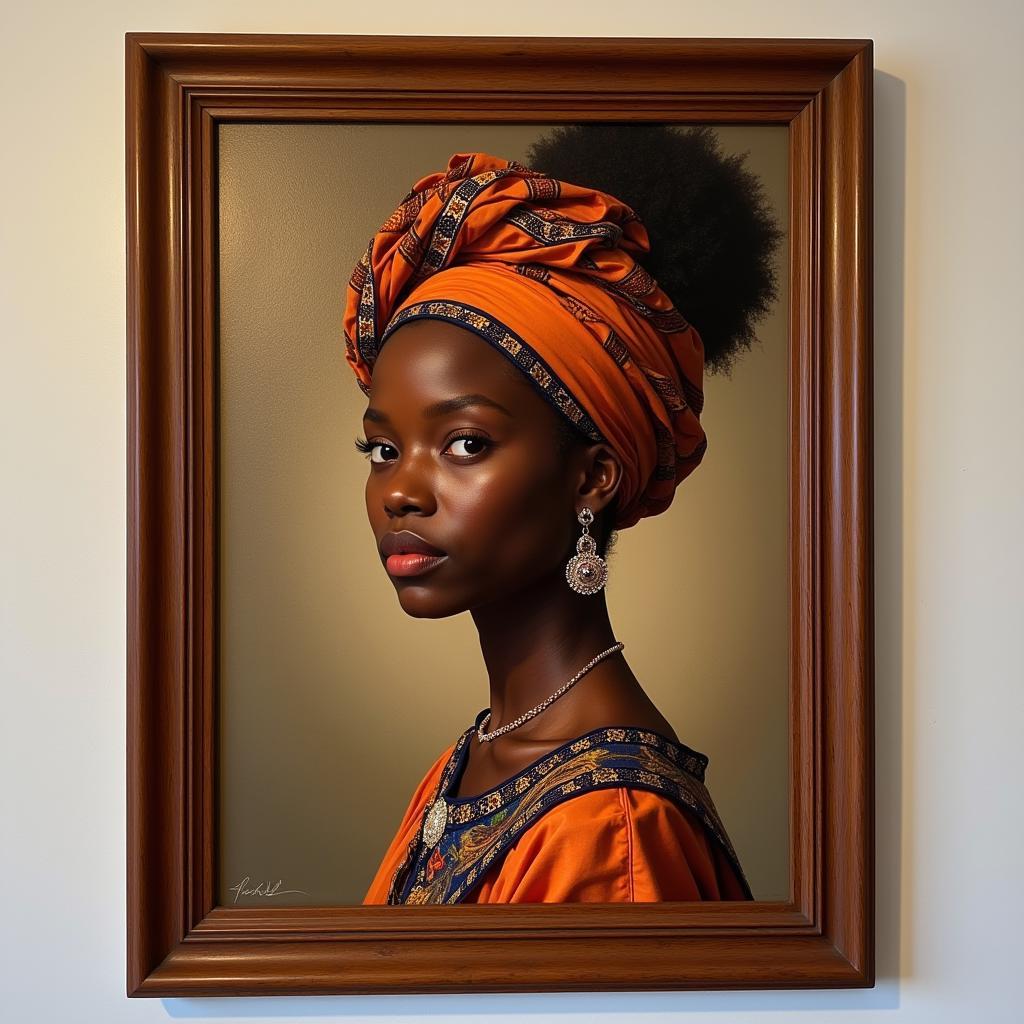African American Marriage Counseling: Navigating Challenges and Strengthening Bonds
African American couples face unique challenges in their relationships, often influenced by cultural factors, historical experiences, and societal pressures. Navigating these complexities requires support, understanding, and a commitment to growth. Marriage counseling provides a safe space for African American couples to address their specific needs and work towards building a stronger, healthier partnership.
Understanding the Unique Challenges of African American Couples
African American couples navigate a landscape shaped by centuries of systemic racism and historical trauma, which can impact their relationships in various ways. These challenges may include:
- Racial Stress and Microaggressions: Constant exposure to racism and discrimination can create stress and tension within relationships. Microaggressions, subtle forms of prejudice, can erode trust and communication.
- Economic Disparities: Economic disparities often contribute to relationship stress. Financial struggles and the pursuit of financial stability can create tension and conflict.
- Cultural Differences: Within the African American community, diverse cultural backgrounds and traditions can contribute to differences in expectations and communication styles.
- Intergenerational Trauma: Historical trauma, such as slavery and segregation, can impact present-day relationships, creating patterns of mistrust, anger, and communication breakdowns.
The Importance of Culturally Sensitive Counseling
Marriage counseling tailored specifically for African American couples recognizes these unique challenges and offers solutions grounded in cultural understanding and sensitivity.
- Cultural Competence: Effective therapists demonstrate awareness of cultural nuances, historical context, and the impact of systemic racism. They are adept at recognizing and addressing the unique stressors faced by African American couples.
- Validation and Empathy: Counselors create a safe space for couples to share their experiences without judgment. They provide validation and empathy, recognizing the impact of historical trauma and societal pressures.
- Communication Skills Development: Therapists guide couples in developing effective communication strategies to address conflict, build trust, and strengthen intimacy.
- Addressing Power Dynamics: Counselors help couples navigate potential power imbalances within their relationships, addressing issues related to gender roles, social expectations, and historical power dynamics.
Finding the Right Counselor
Finding a culturally sensitive and experienced marriage counselor is crucial for African American couples.
- Look for Certified Counselors: Seek out therapists with specialized training in cultural competency and experience working with African American couples.
- Seek Recommendations: Ask friends, family members, or community leaders for recommendations.
- Check Credentials: Verify the therapist’s credentials, ensuring they are licensed and qualified to provide marriage counseling.
- Trust Your Instincts: Choose a counselor you feel comfortable with and who creates a safe, non-judgmental environment.
“Marriage counseling is not just about fixing problems. It’s about building a deeper understanding and connection with your partner.” – Dr. Maya Williams, Certified Marriage and Family Therapist
Benefits of African American Marriage Counseling
- Improved Communication: Counselors teach couples effective communication skills to navigate conflict, express their needs, and strengthen their connection.
- Enhanced Conflict Resolution: Couples learn healthier ways to manage disagreements and resolve conflicts constructively.
- Increased Intimacy: Therapy can help couples rebuild intimacy, improve physical and emotional closeness, and deepen their connection.
- Reduced Stress and Anxiety: Addressing relationship stressors can lead to reduced stress and anxiety, improving individual and couples’ well-being.
- Empowerment and Growth: Marriage counseling provides a supportive environment for couples to grow individually and together, becoming more resilient and fulfilling their relationship goals.
“Marriage counseling is an investment in your future together. It’s about creating a stronger foundation for your relationship.” – Mr. David Carter, Certified Marriage and Family Therapist
Frequently Asked Questions (FAQ)
1. How do I find a culturally sensitive counselor?
- Look for certified counselors with specialized training in cultural competency and experience working with African American couples. Seek recommendations from trusted sources and check online directories for culturally sensitive therapists.
2. What if my partner doesn’t want to go to counseling?
- It’s important to have an honest conversation with your partner about your concerns and why you believe counseling can be beneficial. If they are resistant, you can still explore individual therapy to address your own needs and perspectives.
3. How often should I go to marriage counseling?
- The frequency of sessions depends on your needs and goals. Initially, weekly or bi-weekly sessions may be helpful, but as you progress, you can gradually reduce the frequency.
4. How long does marriage counseling take?
- There is no set timeline for marriage counseling. Some couples may see significant improvement within a few months, while others may require longer-term therapy.
5. Is marriage counseling expensive?
- The cost of counseling varies depending on the therapist’s experience, location, and the length of treatment. Some therapists offer sliding scale fees based on income, and insurance may cover a portion of the costs.
Conclusion
African American Marriage Counseling offers a valuable opportunity for couples to navigate the unique challenges they face and build a stronger, healthier relationship. By embracing cultural understanding, effective communication, and a commitment to growth, African American couples can create lasting love and happiness.


